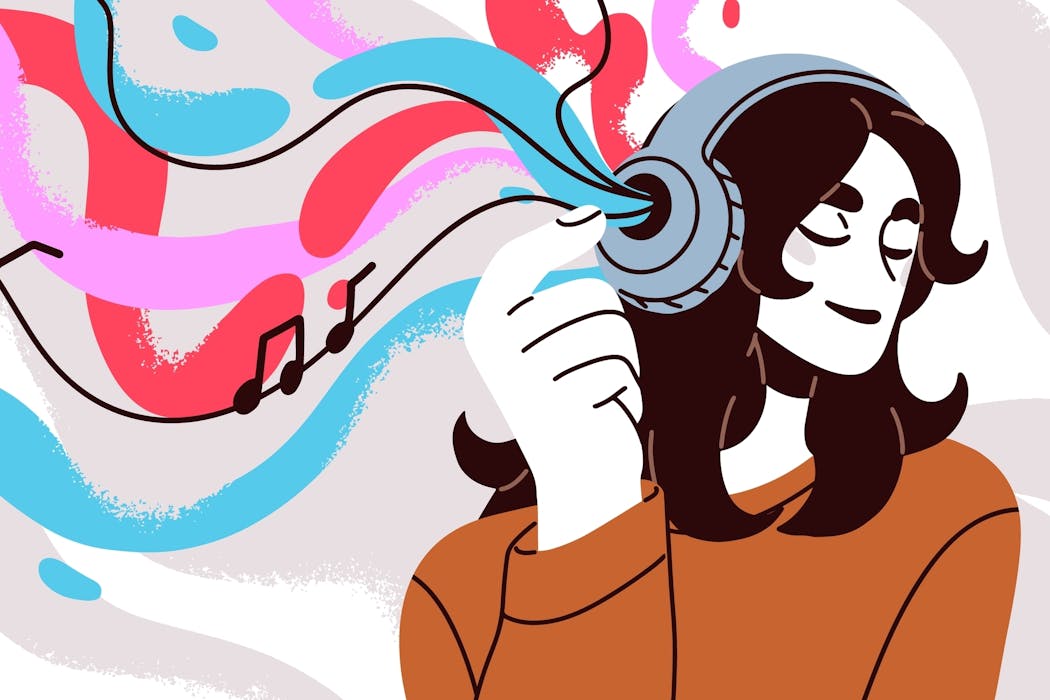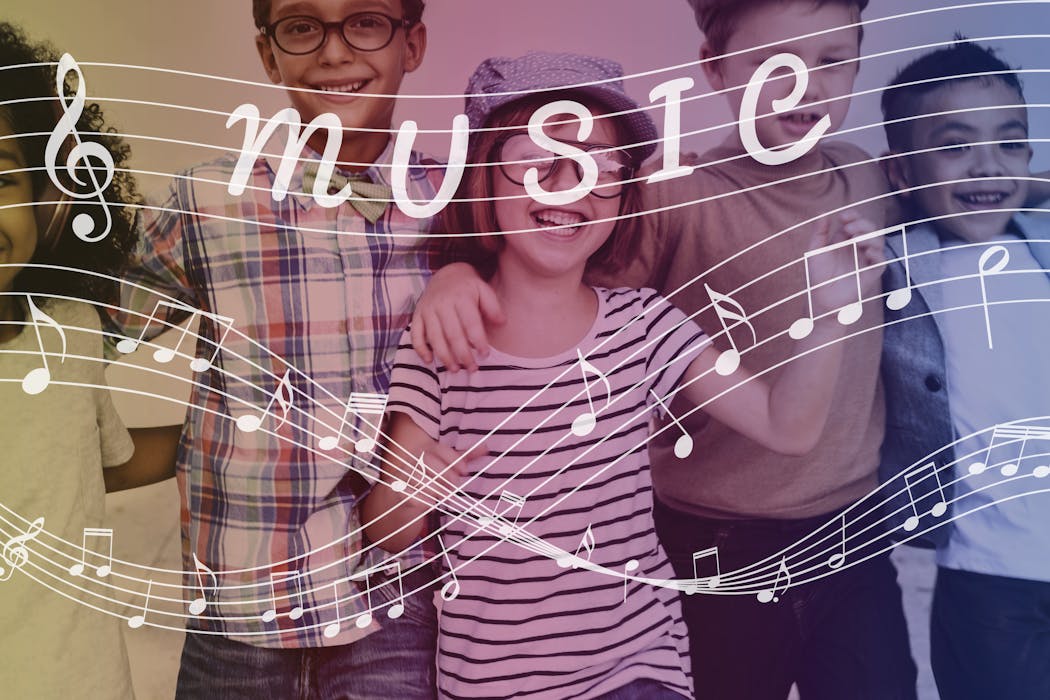Music therapy is a form of therapy that uses music as a tool to address physical, emotional, cognitive, and social needs of individuals. It is a well-established and evidence-based practice that is used to improve the quality of life for people of all ages and abilities. Music therapists are trained professionals who use music interventions to achieve individualized goals within a therapeutic relationship. The use of music in therapy can be both active, such as playing instruments or singing, or receptive, such as listening to music or discussing lyrics. Music therapy can be used in a variety of settings including hospitals, schools, rehabilitation centers, and community programs.
Music therapy is based on the understanding that music has the ability to affect individuals on a physiological, emotional, and cognitive level. It has been shown to have a positive impact on mood, stress levels, and overall well-being. Music therapy can also be used to improve communication skills, enhance motor functioning, and promote social interaction. The therapeutic use of music can be tailored to meet the specific needs and abilities of each individual, making it a highly adaptable and effective form of therapy.
The Impact of Music on Developmental Disabilities
For individuals with developmental disabilities, music can have a profound impact on their overall development and well-being. Research has shown that music can help individuals with developmental disabilities to improve their communication skills, enhance their motor functioning, and increase their social interaction. Music has the ability to engage individuals in a way that is both enjoyable and meaningful, making it an effective tool for addressing the unique needs of this population.
Individuals with developmental disabilities often face challenges in areas such as communication, social interaction, and emotional regulation. Music has been shown to be an effective way to address these challenges by providing a non-verbal means of expression and communication. Additionally, music can help individuals with developmental disabilities to develop a sense of belonging and connection with others, which can have a positive impact on their overall well-being.
Benefits of Music Therapy for Individuals with Developmental Disabilities
Music therapy has been shown to have a wide range of benefits for individuals with developmental disabilities. One of the key benefits is its ability to improve communication skills. Music provides a non-verbal means of expression that can be particularly beneficial for individuals who struggle with verbal communication. Through music therapy, individuals can learn to express themselves in new ways and develop their communication skills in a supportive and engaging environment.
In addition to improving communication skills, music therapy can also help individuals with developmental disabilities to enhance their motor functioning. Playing instruments, moving to music, and engaging in rhythmic activities can help to improve coordination, balance, and fine motor skills. This can have a positive impact on an individual’s ability to participate in daily activities and engage in recreational pursuits.
How Music Therapy Supports Emotional and Social Development
Music therapy has been shown to support emotional and social development in individuals with developmental disabilities. Music has the ability to evoke emotions and create a sense of connection with others, making it an effective tool for addressing emotional and social needs. Through music therapy, individuals can learn to identify and express their emotions in a safe and supportive environment. This can help to improve emotional regulation and enhance overall well-being.
Music therapy can also help individuals with developmental disabilities to develop social skills and build connections with others. Group music therapy sessions provide opportunities for individuals to engage in collaborative activities, share experiences, and develop relationships with their peers. This can help to foster a sense of belonging and community, which is important for emotional and social development.
Music Therapy and Cognitive Development
Music therapy has been shown to have a positive impact on cognitive development in individuals with developmental disabilities. Music engages multiple areas of the brain simultaneously, which can help to improve cognitive functioning in areas such as attention, memory, and problem-solving. Through music therapy, individuals can engage in activities that challenge their cognitive abilities in a fun and enjoyable way.
In addition to improving cognitive functioning, music therapy can also help individuals with developmental disabilities to develop their creativity and self-expression. Engaging in musical activities can provide opportunities for individuals to explore their own unique abilities and develop their creative potential. This can have a positive impact on self-esteem and overall cognitive development.
Implementing Music Therapy in Educational and Clinical Settings
Music therapy can be implemented in a variety of educational and clinical settings to support individuals with developmental disabilities. In educational settings, music therapy can be used to support academic learning, social skills development, and emotional regulation. It can be integrated into the curriculum as a way to engage students in learning activities that are both enjoyable and meaningful.
In clinical settings, music therapy can be used as part of a comprehensive treatment plan to address the unique needs of individuals with developmental disabilities. It can be used to support physical rehabilitation, emotional well-being, and social integration. Music therapists work collaboratively with other healthcare professionals to provide individualized care that addresses the specific needs of each individual.
The Future of Music Therapy for Individuals with Developmental Disabilities
The future of music therapy for individuals with developmental disabilities looks promising as research continues to demonstrate its effectiveness in addressing a wide range of needs. As the field of music therapy continues to evolve, there is growing recognition of its value as a holistic approach to supporting individuals with developmental disabilities. With advances in technology and research, there are increasing opportunities for the development of innovative music interventions that can be tailored to meet the specific needs of this population.
In addition to its clinical applications, there is also growing interest in the use of music therapy in community-based programs and recreational settings for individuals with developmental disabilities. Music therapy has the potential to provide meaningful opportunities for individuals to engage in creative expression, develop social connections, and enhance their overall well-being. As awareness of the benefits of music therapy continues to grow, there is increasing potential for its integration into a wide range of settings to support individuals with developmental disabilities.
In conclusion, music therapy is a valuable and effective form of therapy for individuals with developmental disabilities. It has the potential to address a wide range of needs including communication skills, motor functioning, emotional regulation, social development, and cognitive abilities. As the field of music therapy continues to evolve, there are increasing opportunities for its integration into educational, clinical, and community-based settings to support the unique needs of this population. With ongoing research and innovation, the future of music therapy for individuals with developmental disabilities looks promising as a holistic approach to promoting overall well-being and quality of life.
Find out how Torongo Therapyplus can help you with your needs. Get in touch with us at smile@torongo.life, or call us on 02 8809 9965.































